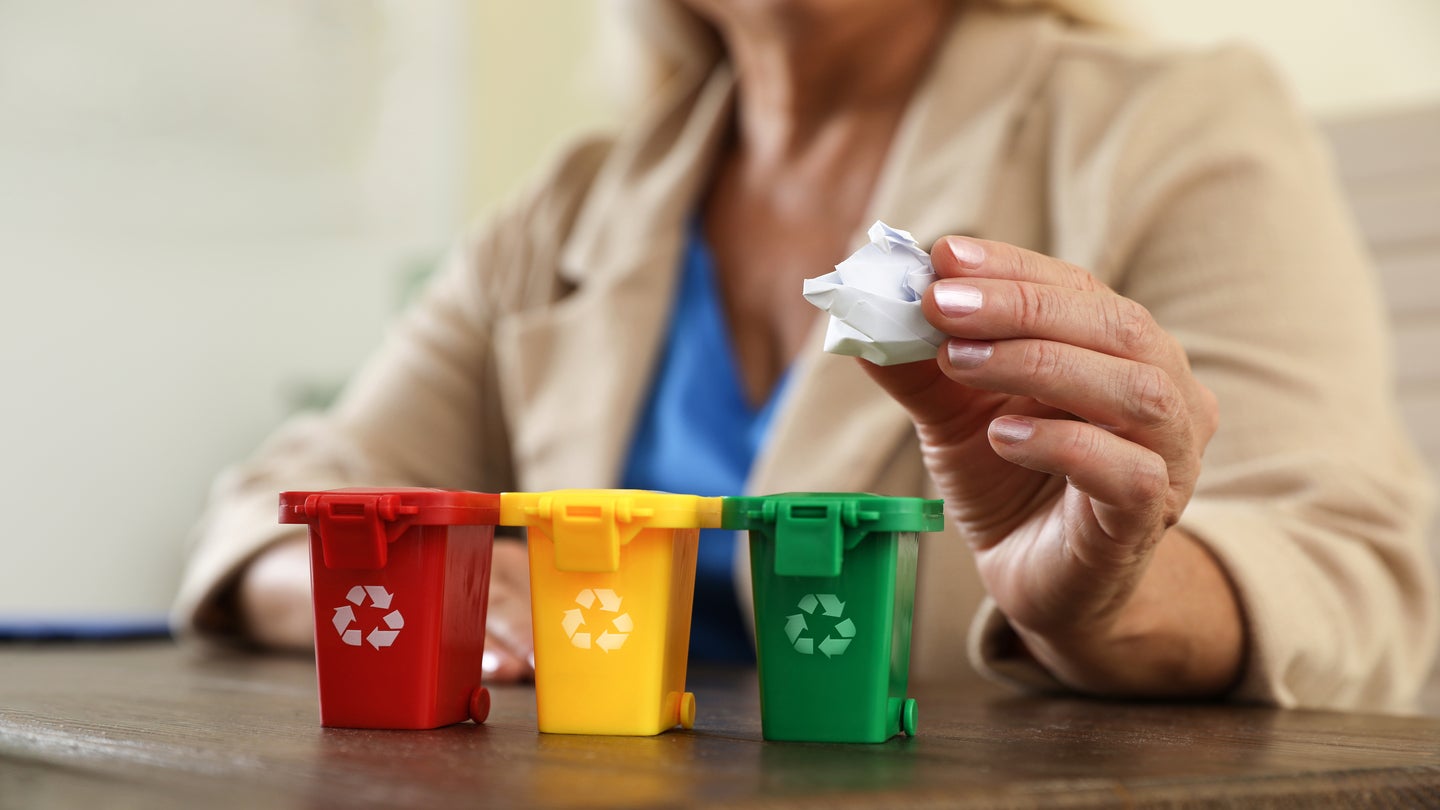
Jakson Inns Phaltan has announced plans to transition into the first net zero-waste hotel in India, as reported by ETHospitality.
The hotel is claimed to be the first CII-Indian Green Building Council platinum-rated and net-zero energy hotel in India.
It has set up a waste management programme that sorts waste into nine categories to reduce the ecological impact.
It intends to reduce waste production with its waste segregation system that manages waste types sustainably in distinct silos.
Jakson Hospitality managing director Sandeep Talaulicar said: “The primary objective is to channel wet waste directly into the hotel’s biogas plant or vermicomposting pit, where it can be converted into valuable resources. Simultaneously, all other types of waste will be responsibly dispatched to credible external recycling plants, minimising landfill waste.
“Recognising the importance of reducing waste at its source, we are collaborating closely with our vendors to adopt eco-friendly and sustainable packaging solutions. By taking proactive measures to source products with minimal packaging or recyclable materials, Jakson Inns Phaltan aims to reduce waste generation right from the procurement stage.”
How well do you really know your competitors?
Access the most comprehensive Company Profiles on the market, powered by GlobalData. Save hours of research. Gain competitive edge.

Thank you!
Your download email will arrive shortly
Not ready to buy yet? Download a free sample
We are confident about the unique quality of our Company Profiles. However, we want you to make the most beneficial decision for your business, so we offer a free sample that you can download by submitting the below form
By GlobalDataAdditionally, the hotel plans to educate both its staff and guests on responsible waste management practices as part of its commitment to environmental sustainability.
Talaulicar further added: “Utilising eco-friendly construction methods, our hotel has achieved impressive outcomes. Our monthly electricity expenses have plummeted from Rs900,000 ($10,000) to a mere Rs100,000, illustrating substantial cost reductions.”
The hotel stated that despite operating in a region with restricted water resources, it has become self-sufficient in water supply.
Talaulicar added: “This serves as a testament to the fact that sustainable construction techniques, while demanding initial investments, yield significant and enduring financial benefits.”



